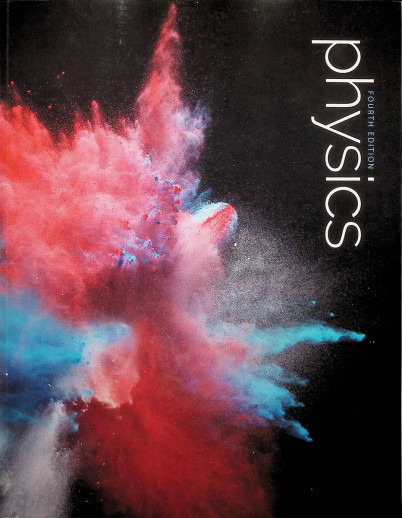We use cookies to make your experience better. To comply with the new e-Privacy directive, we need to ask for your consent to set the cookies. Learn more.
Physics Student Edition 4th Edition
The softcover student edition includes the student instructional material with chapter openers, ethics boxes, case studies, and STEM discussions. The student edition engages students with multiple opportunities for discussion and application. Infographics and graphic organizers help explain concepts in a visually appealing manner. Minilabs, discussion questions, worldview and ethical considerations are also included.
Covers the foundations of mechanics, thermal energy, electricity and magnetism, and optics, as well as an introduction to modern physics. Stresses a logical approach to problem solving, supported by examples and diagrams. Your student should have completed Algebra 2 before beginning this course, as it uses a mathematical and derivative approach.
The Physics Student Edition (4th edition) introduces students to foundational concepts in physics, including kinematics, dynamics, thermodynamics and matter, electromagnetics, geometric optics and light, and electricity. The student edition has been designed to equip students to ethically engage in the work of physics with instruction and practice focused on real-world problems.
Key Features of the Physics Student Edition: Discussion questions and section reviews to reinforce student understanding. STEM Connection boxes that connect students with STEM applications and STEM careers. Ethical dilemmas for students to evaluate from the perspective of biblical principle, expected outcome, and participant motivations. Graphic organizers for students to organize and present content in memorable ways. Mini Labs to apply chapter content to real-world problems. Webquests and case studies for research skill development and real-world application.
Revised and updated to meet current standards, the 4th edition Physics course is reorganized and restructured with more scaffolding of lessons, to better prepare students for the advanced concepts. The course takes a discovery based, investigative approach with real-life application and an integrated Biblical worldview. Topics include the foundational concepts of physics from dynamics and kinematics, through electromagnetics, geometric optics and light, to quantum physics, and nuclear physics. Enhancing the lessons and helping them prepare for assessments, the text includes discussion questions, section reviews, chapter summaries, and review questions. Additionally, there are mini labs, graphic organizers, STEM Connections, infographics, and Worldview and Ethics sidebars to provide more research opportunities and application to the real world. This is a mathematically rigorous course. Successful completion of Algebra 1 and 2, and Geometry are recommended. Required components include the student Edition, Teacher Edition, Student Lab Manual, Teacher Lab Manual, Assessments and Assessments Answer Key. Components are sold individually or together in the Home School Kit. Not compatible with previous editions.
| Product Format: | Paperback |
|---|---|
| Grade: | 12 |
| Brand: | BJU Press |
| ISBN: | 9781628569629 |
| Length in Inches: | 10.875 |
| Width in Inches: | 8.5 |
| Height in Inches: | 1.125 |
| Weight in Pounds: | 3.85 |
Be the first to review this item

